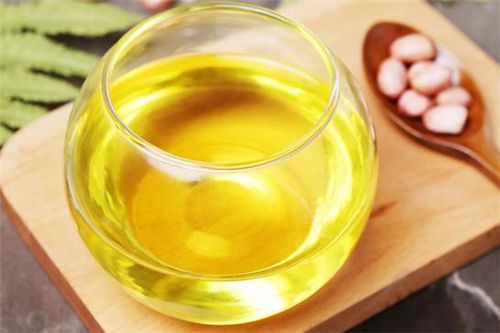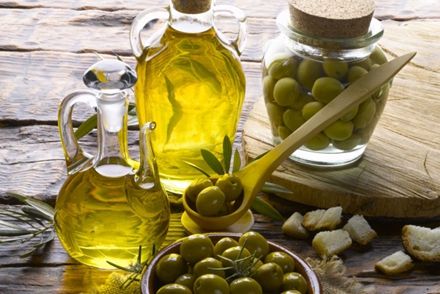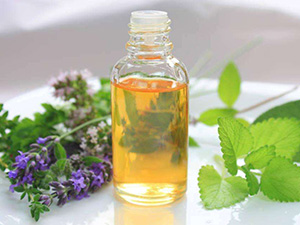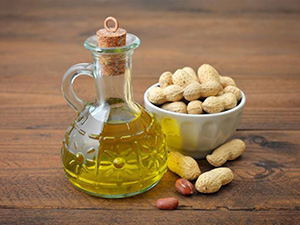two oil press methods you may want to know
The process of oil pressing can be divided into several methods. The most common methods we often use are probably expeller pressing and solvent extracting. One uses physical force while the other uses chemical. But in China, the most popular way of defining oil pressing methods are judged to the material of the process rather than the process itself. The two widely used methods for vegetable oil producing in China are called cold pressing and hot pressing.If the material was roasted or steamed before the pressing process, then it would be called hot pressing, if the material stayed raw and being kept in a low temperature during the pressing process, then cold pressing would be its name. The difference between these two methods can be found in many aspects.
Most vegetable oils we eat in our daily life are hot pressed oils, such as peanut oil, sesame oil, soybean oil, sunflower oil, etc. Compared to cold pressing, hot pressing increases oil yield of the material. Only one pressing procedure is required to extract most oil in the material, while the cold pressing would have to press the material for two or three times to extract this lot of oil. Thus the cost of hot pressed oils is considerably low and the price of them is more competitive in the market. The hot pressed oils are normally found more fragrant than cold pressed ones as well.

However, the cold pressing technology has been growing more and more popular despite its low extracting efficiency and high cost. Mainly because the oil it produces is more healthy for human. The pre-roasting and the high temperature in the process of hot pressing may destruct the constructions of some proteins and molecules, and cause a great loss of sterol and vitamin in the oil. But in cold pressing, since the temperature in its pressing process is maintained in a low level, the nutrient in the oils can be well preserved. Oils produced by cold pressing also possesses lower acid value, the high level of which may be harmful for human body, and purer colors than the ones produced by hot pressing.

Though the cold pressed oil is a better choice for a healthy life, not all oilseeds are suitable for this pressing method. For example, the bean flavor in the soybean oil, the spicy taste in rapeseed oil, and the gossypol in cottonseed oil can only be removed in the process of hot pressing. And for peanut oil and sesame oil, it is the pre-roasting of hot pressing that give them the unique and strong fragrant flavor, produced by cold pressing then the good taste of these oils will be lost.
Now that we have known what cold pressing and hot pressing are and the pros and cons of them, we can make a better decision when selecting oils in the market. Or, since many types of small oil press machines can be easily found on the internet, maybe we can purchase one for ourselves and press different types of oils on our own!
Get in touch now!











